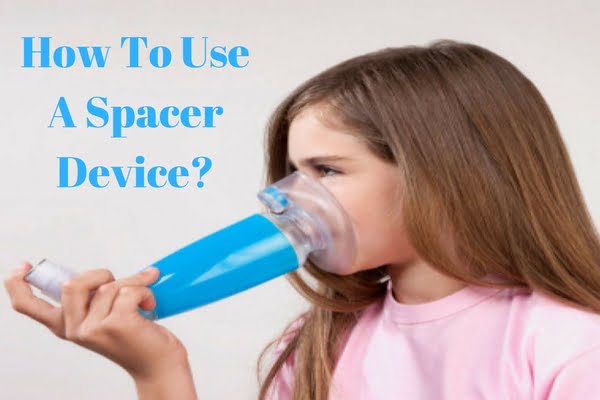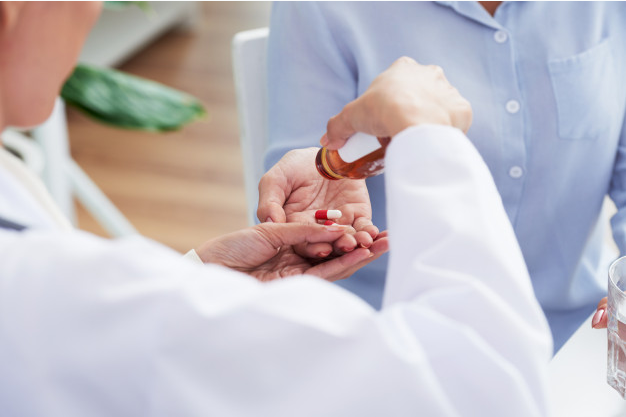Start Saving upto 85% on Your Prescriptions
Men’s and women’s bodies have different needs. Men require more nutrients in comparison to women. No matter you’re working out daily or eating a healthy diet, there are chances that you might be missing out some necessary nutrients. A daily dose of supplement can help bridge that gap. Here are some vitamins and minerals that…
Vitamins and minerals are essential for every woman for the proper functioning of the body. Everyone tries their best to get the recommended amount of minerals through their diet, however, most of the people fail. To keep yourself loaded with enough amount of vitamins and minerals, women should add supplements to their diet. Still wondering…
People who stay up late and struggle to wake in the morning are 10% more prone to die sooner than the “morning larks”. How To Get Proper Sleep? Sleeping well is very important for your mental as well as physical health. There are many people who struggle daily to get a proper sleep. The sleep…
What Is A Stent? When blood vessels that carry blood to the heart become narrow or blocked, you are at risk of a heart attack. A stent is placed in your heart vessel to avoid the risk of heart attack. Basically, a stent is a tiny tube placed in the narrow or blocked blood vessel…
“You’re never fully dressed without a smile.” What people notice when they meet someone new? 47% of the people notice the smile on the others faces. A smile on your face portrays happiness as well a confidence in you. However, smile insecurity can affect your confidence. To avoid this situation, you really need to take…
Niacin is an organic compound that along with nicotinamide builds up the group known as vitamin B3 complex. Supplemental Niacin is used to treat high blood pressure and pellagra (Niacin deficiency). It’s important to maintain Niacin level in the body as its deficiency can lead to various health issues such as anemia, tiredness, nausea, headaches,…
What Is A Spacer Device? It’s a plastic cylinder, specifically designed for people who find difficulty to inhale medication through metered- dose inhaler. Many people find difficulty in using inhalers correctly. A spacer device can help to take their medication properly. The spacer device holds the medicine sprayed out of the inhaler, giving the patient more…
What is Bronchiolitis? Bronchiolitis is an infection in the lungs caused by a virus. It affects small breathing tubes of children of age less than two years. Cause of Bronchiolitis Bronchiolitis can be caused due to many viruses, but the most common virus to cause bronchiolitis in kids every winter is the Respiratory syncytial virus…
Remembering to take your birth control pill daily can be difficult, but it’s essential to take them on time to avoid unplanned pregnancy. However, sometimes you might forget to take your pill – mistakes happen! If this happens to you, the following instructions will help you learn how to get back on track. What to…
Levothyroxine is a synthetic medicine used to treat an underactive thyroid (hypothyroidism). Doctors’ generally prescribe Levothyroxine when the thyroid gland doesn’t produce enough of thyroxine in the body. Low thyroid hormone levels can occur naturally, or removed by surgery, or when the thyroid gland gets injured by radiation/medications. Having the right amount of thyroid hormone…











